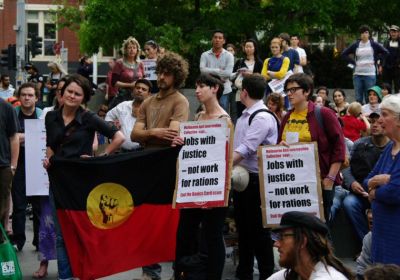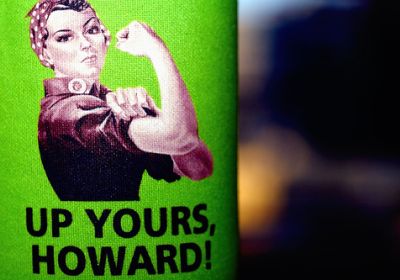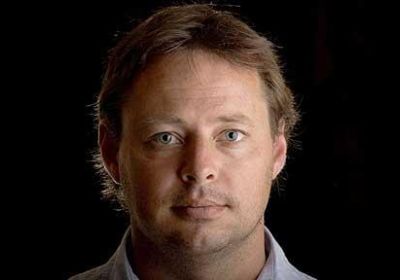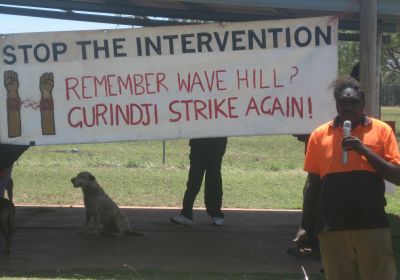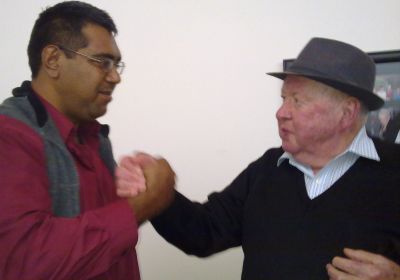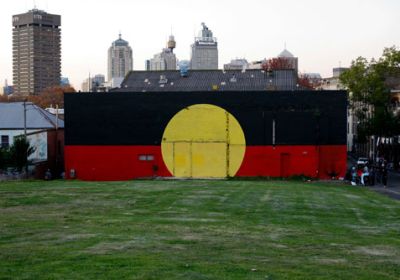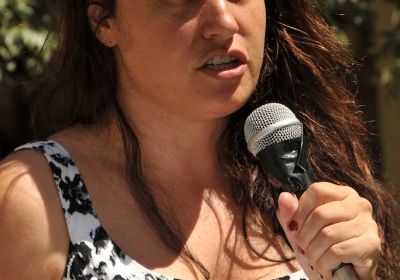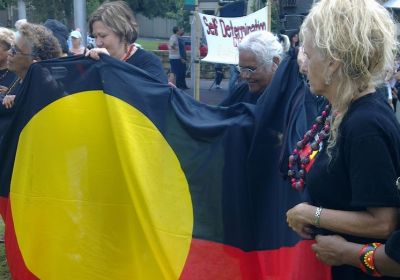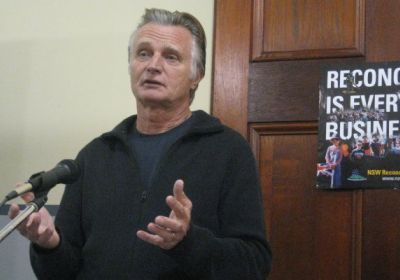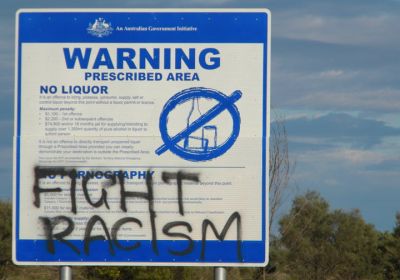
The last Aboriginal residents of the Redfern Block will be evicted on November 19 to make way for a new development by the Aboriginal Housing Corporation.
Aboriginal Housing Corporation CEO Mick Mundine told ABC TV’s November 8 Lateline that the development involved commercial interests, which would put money back into the corporation to support affordable housing for local Aboriginal people.
